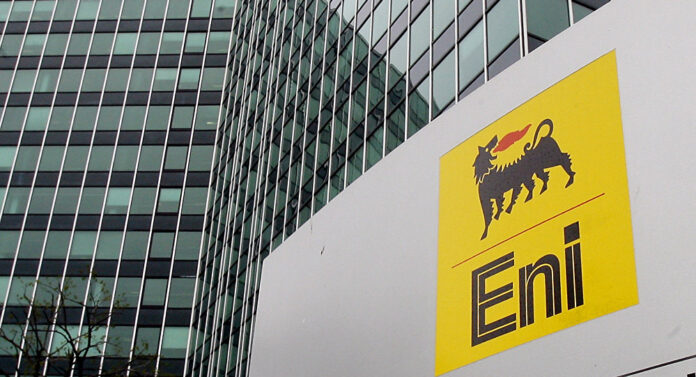Italian oil and gas group ENI has finally ended its 20-year of journey in Pakistan, as it agreed on a price to sell its businesses to a joint venture of its local employee and the Hub Power Company Limited (HUBCO).
The move by ENI, which supplied three million cubic meters of natural gas a day to Pakistan in 2018, underlines the chronic problems facing the country, where a deep energy crisis has hampered economic development for years.
In a material disclosure to the Pakistan Stock Exchange (PSX), HUBCO said: “We hereby inform you that Hub Power Holdings Limited, a wholly owned subsidiary of HUBCO together with ENI’s local employees (in a 50:50 joint venture) has executed definitive agreements to acquire all the upstream operations in Pakistan of ENI and renewable energy assets owned by ENI in Pakistan.”
The ENI website says the company has been in Pakistan since 2000 in the exploration and production, and gas and power sectors, but its local development support in the country began in the 1970s.
ENI, one of seven “supermajor” oil companies in the world, is also one of the largest gas producers in Pakistan, actively engaged in the Bhit, Badhra and Kadanwari oil and gas exploration fields which generate 75pc of its revenue in Pakistan.
Though officially the amount of the deal, to be finalized in three months, has not yet been disclosed, industry insiders say it is likely to fall between $160-$189 million.
It was reported in 2020 that ENI was divesting its upstream business in Pakistan, which is currently being conducted through three entities: ENI Pakistan Limited, ENI AEP limited and ENI Pakistan M limited. Insiders say the listed exploration and production companies (E&Ps) may opt to buy these assets.
ENI is currently reviewing its exploration and production portfolio and leaving or downsizing operations in countries where it has a small presence with few opportunities to grow or where development is too long and complicated.
It is working to sell assets in Australia where it aims to keep control of its solar business as it looks to meet aggressive renewable energy targets.
Last year, ENI unveiled one of the most ambitious clean-up drives in the oil industry when it pledged to slash its greenhouse gas emissions by 80pc. Apart from its global consolidation plan, analysts believe setbacks in offshore exploration may be one reason for ENI’s exit from Pakistan.




